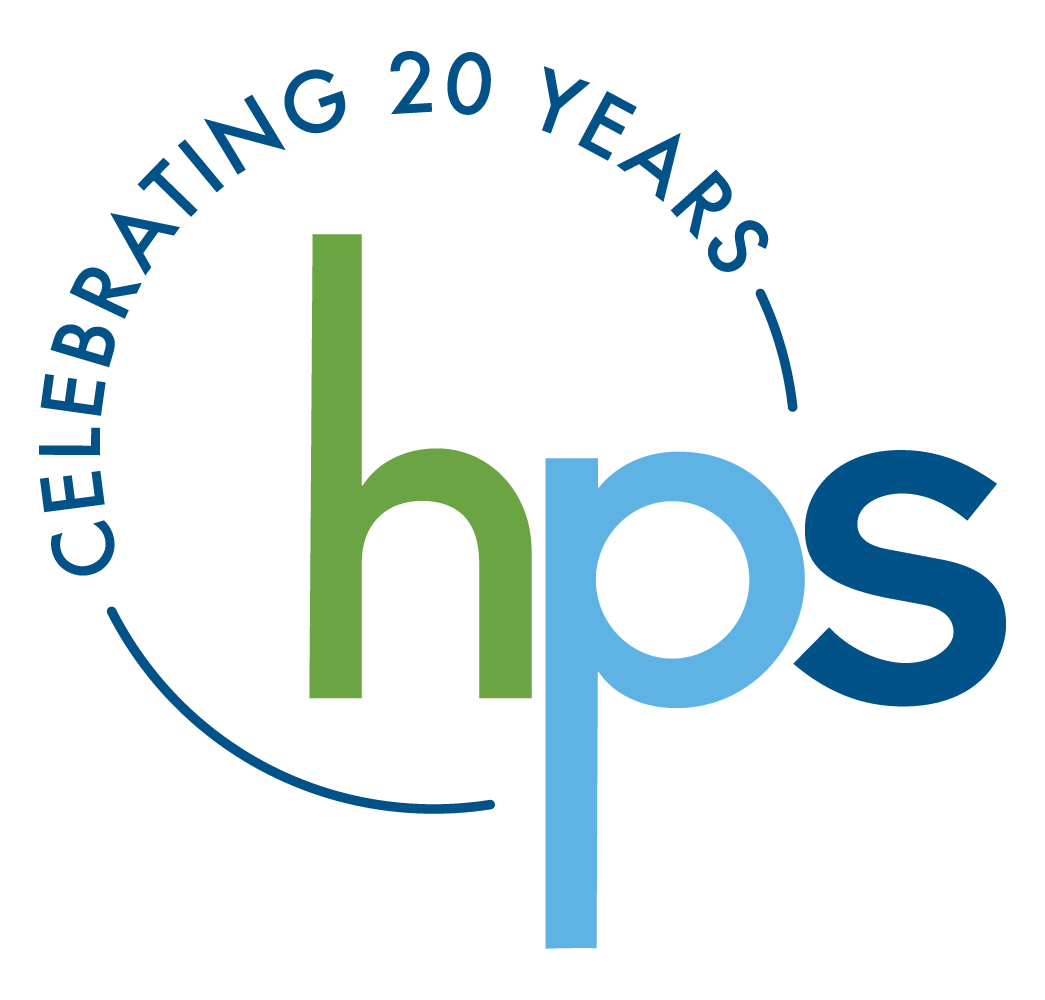Review of Study on Neonatal Outcomes of Mothers With a Disability
Review of Study on Neonatal Outcomes of Mothers With a Disability
Chicago, IL
November 9, 2022
By Krista Luzio, Partner
Prior research has identified an association or correlation between moms with disabilities and elevated risk of preterm birth and low birth weight. A new study published in the September 2022 issue of Pediatrics, the Journal of the American Academy of Pediatrics, found a mild to moderate increased risk of neonatal complications among newborns of women with disabilities compared with the newborns of women without disabilities.
This is a population-based cohort study, meaning the researchers followed a group of individuals who are alike in many ways but also differ by a certain characteristic to study the impact on a particular outcome. It was performed in Ontario, Canada, and looked at hospital births of singletons between 2003 to 2018 in women with physical, sensory, intellectual, or developmental disabilities compared with newborns of women without a disability.
The breakdown of the patient population in this study of mothers delivering singleton babies in hospital in Ontario, Canada, between 2003-2018 consists of:
1,593,354 newborns of women without a disability,
Compared with:
144,187 newborns of mothers with physical disability,
44,988 newborns of mothers with a sensory disability,
2,207 newborns of mothers with an intellectual or developmental disability, and
8,823 newborns of mothers with two or more of the previously stated disabilities.
Neonatal complications included:
preterm birth at less than 37 weeks,
small for gestational age birth weight (SGA),
significant for gestational age birth weight,
neonatal morbidity and mortality,
neonatal abstinence syndrome (NAS), and
NICU admission.
Risks for neonatal complications were elevated among newborns of women with disabilities compared with those without disabilities. In particular, the authors documented a 1.1-1.5% elevated relative risk that newborns of women with an intellectual or developmental disability would experience preterm birth at less than 37 weeks, small for gestational age birth weight, neonatal morbidity, and NICU admission when compared with newborns of women without disability. An elevated risk of 1.1% up to 1.8% in newborns of women with two or more disabilities for the same conditions was also documented. These seemed to be the areas of highest correlation between elevated risk of newborn complication and disabled mothers.
The study raises questions regarding why newborns of mothers with disabilities experience mild to moderate elevated risk for complications and what can be done by healthcare providers to proactively address these potential complications during prenatal and postnatal healthcare. The study’s authors note that mothers with disabilities “may need adapted and enhanced preconception and prenatal care, and their newborns may require extra support after birth.” Also of note, per this study, around 12.5% of the mothers delivering singleton babies in hospital in Ontario, Canada, that qualified for this study had been diagnosed with a physical, sensory, intellectual, or developmental disability.
We tend not to see many lawsuits involving mothers with disabilities and question why that may be. It is also interesting to consider whether we will be seeing more such lawsuits as access to healthcare and fertility care could increase the accessibility of parenthood to individuals living with a disability.
To read the full review article, please click here (note: opens link on the American Academy of Pediatrics website).
Disclaimer: This publication is not intended to provide legal advice but to provide general information on legal matters. Transmission is not intended to create and receipt does not establish an attorney-client relationship. Readers should seek specific legal and/or medical advice before taking any action with respect to matters mentioned in this publication. The attorney responsible for this publication is Krista Luzio. This post constitutes a form of attorney advertising as defined by some state bar associations.



